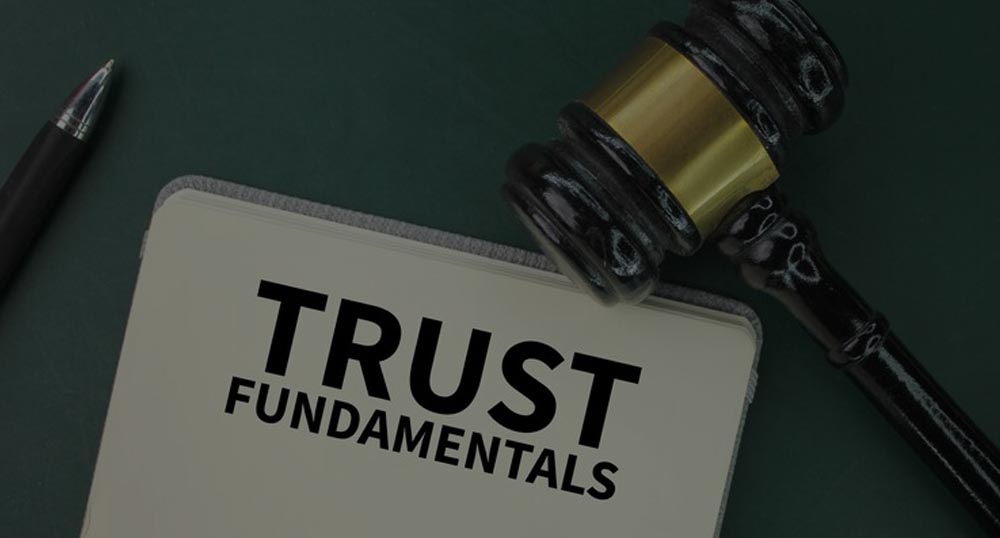In 1911, the word “antitrust” entered the American lexicon when John D. Rockefeller’s Standard Oil was ruled by the Supreme Court to be an illegal monopoly, in control of over 90% of America’s oil refining capacity. The ruling broke Standard Oil up into 34 smaller companies, in one the largest ever examples of an antitrust violation.
Since then, antitrust lawsuits have been brought whenever organizations try to suppress competition or outright gain a monopoly in a particular industry.
Today we’ll examine anti trust lawsuits and the legal repercussions of antitrust law violations.
What are Antitrust Violations?
Antitrust laws were introduced over a hundred years ago to promote competition and prevent the formation of monopolies in a given industry. These laws are the cornerstone of a competitive market place, and ensure that no individual company or small group of companies can dominate an entire industry.
These unfair business practices not only harm competitors, but consumers as well.
By violating antitrust laws, companies can exploit markets with higher prices, reduced quality products, and reduced innovation. Consumers are left with limited choice, or perhaps worse, the illusion of choice.
So what does an antitrust violation look like in today’s world? While antitrust violations the size and significance of Standard Oil are seldom seen, antitrust lawsuits do happen when attempts are made to stifle competition in a given industry.
Here’s a few examples of ways antitrust violations can occur:
Monopolization
Monopolies occur when a single company or small group of companies reaches a dominant position in an industry, where they can almost completely control prices, making it nearly impossible for other companies to compete.
Price Fixing
Price fixing is another form of antitrust violation where two or more competitors in an industry agree to set prices to a specific level, instead of competing with each other and letting the market set the price of a good or service.
Market Allocation
Market allocation occurs when competitors agree to divide up a market based on geographic or other factors. When companies agree to this sort of practice, it limits the choice of the consumer and can incur both organizations antitrust penalties.
Bid Rigging
Bid rigging is a form of antitrust violation where companies manipulate their project bids to ensure one of them wins the contract. This can be done when one company intentionally submits a much higher bid than the other, to increase the likelihood the lower bid wins the contract.
Mergers and Acquisitions
When two competing companies merge or one acquires their primary competitor, it reduces competition in the industry and may trigger antitrust lawsuits.
Antitrust Penalties
There are several potential legal repercussions of antitrust law violations, including both civil and criminal charges. These include:
- Civil Penalties – The Department of Justice (DOJ) and the Federal Trade Commission (FTC) are both capable of imposing significant fines for antitrust violations. The amount of the fine will depend on the severity of the violation, but fines can reach into the millions of dollars.
- Treble Damages – Treble damages may be issued in private lawsuits, wherein the violator is required to pay three times the amount of actual damages, making for a very strong deterrent for antitrust violations.
- Criminal Penalties – Both individuals and corporations may be subject to criminal penalties including fines and jail time for antitrust law breaches. Monopoly penalties can reach as high as $100 million for corporations.
- Restitution – Antitrust violators may be ordered by the court to pay restitution to the victims.
- Injunctions – In addition to fines, court issued monopoly penalties may include injunctions such as cease and desist orders to compel companies to end anticompetitive behavior. In extreme cases, courts may order structural remedies to force companies to sell off a division to prevent a monopoly in an industry.
Modern Examples of Antitrust Violations
While Standard Oil set the bar for antitrust violations, there have been numerous prominent instances of antitrust lawsuits in the modern era.
In the 1990s, Microsoft famously fought an antitrust lawsuit against the Department of Justice around its bundling of the Internet Explorer web browser with its Windows operating system. Microsoft ultimately lost the case, and settled with the DOJ, but was forced to divest their interest in certain intellectual properties, as well as restrictions on its licensing practices.
Many of the other tech giants, including Apple, Amazon, Google, and Facebook have faced similar antitrust lawsuits.
How to Ensure Corporate Compliance with Antitrust Laws?
In order to avoid the legal repercussions of antitrust law violations, implementing a corporate compliance program is essential. These programs help an organization adhere to applicable laws and regulations and avoid antitrust lawsuits.
A corporate compliance program should include several key components:
- Development of clear policies and procedures to address antitrust issues.
- Training and education for employees to be aware of and in compliance with your organization’s antitrust policies.
- A risk assessment to areas within your organization that identifies potential areas of conflict with antitrust laws.
- Monitoring and reporting of employee activities that could potentially lead to antitrust violations.
- Mechanisms to enforce compliance with antitrust laws should be in place, including disciplinary actions for violators.
Conclusion:
Antitrust violations are a serious matter and can result in steep civil and criminal penalties, including jail time, for antitrust law breaches. Not only do these violations make it difficult for competitors to exist, they harm consumers by severely limiting their choice, as well as the quality of goods and services in the affected industries.
If your organization is facing legal repercussions of antitrust law violations, or if you need help implementing a corporate compliance program contact Sami Azhari Federal Criminal Lawyer for a consultation regarding your case. An experienced criminal lawyer is essential to understanding your legal rights and your options in antitrust lawsuits.
Sami has over 17 years of experience defending federal and white collar crimes across the US, including antitrust violations and monopoly penalties. Sami has tried over 100 federal cases including many involving charges of antitrust violations.Contact Sami Azhari Federal Criminal Lawyer for a consultation on your antitrust lawsuit. Sami will do everything in his power to help you defend against the legal repercussions of antitrust law violations.





